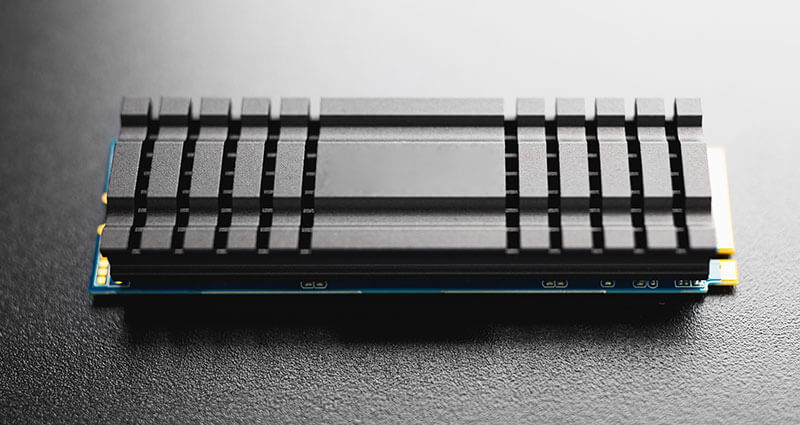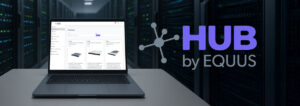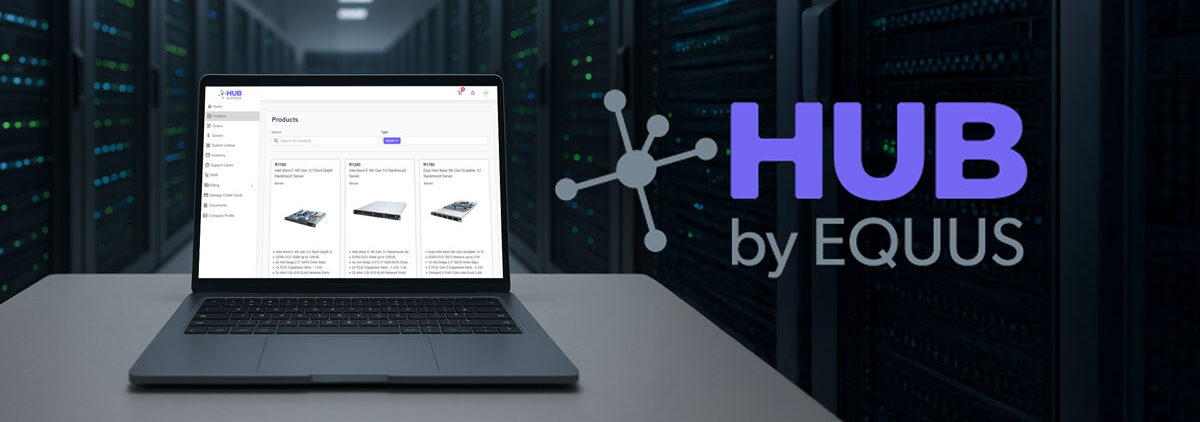In our fast-paced, constantly-connected world, data is more valuable than ever. And as businesses strive to capture and analyze every byte, storage hardware has become a critical component in the data processing equation.
But with traditional hard drives maxing out at around 6Gb/s for SATA and 12Gb/s for SAS, even the fastest CPUs can’t keep up with the flood of data coming in. That’s why many businesses are turning to NVMe technology to get the most out of their storage hardware. This article will discuss how NVMe works and the performance advantages of using the technology in your business.
What Is NVMe and How Does It Work?
NVMe (Non-Volatile Memory Express) is a specification for a high-performance storage protocol. It was designed to take advantage of the performance improvements offered by solid-state drives (SSDs).
NVMe SSDs are significantly faster than their SATA counterparts, delivering nearly 13x faster sequential reads. These speeds are critical for powering applications in AI, machine learning, and high-performance computing. However, NVMe’s benefits aren’t limited to speed.
- NVMe operates over PCIe and uses multiplexing to allow more than one device to share a connection — enabling it to achieve high throughput and low latency.
- NVMe supports industry-standard features such as deduplication, garbage collection, and TRIM.
- NVMe is compact and future-ready, with current drives reaching 30TB in capacity.
The high throughput and low latency offered by NVMe speed up data processing and analysis. This is a game changer for businesses that deal with large amounts of data on a daily basis. But will it work with your existing systems?
Do I Have To Worry About Compatibility With NVMe?
Compatibility often depends on the age of your hardware. If your backplanes comply with the U.3 standard, they should work with SATA, SAS, and NVMe. A good starting point is to check your motherboard or RAID/HBA controller to see if it supports NVMe. From there, you can determine if hardware upgrades will be necessary to use NVMe.
How To Choose the Right NVMe Solution for Your Business

When it comes to storage, businesses have a variety of options to choose from. But with the ever-growing demand for faster data processing, more and more companies are turning to NVMe technology to get an edge on their competition.
Here are a few things to consider to determine if NVMe is the right solution for your business:
- How much data do you need to process? NVMe technology is ideal for businesses that need to process large amounts of data quickly. If your company is dealing with massive datasets, NVMe can help you speed up the task of transferring and storing that data.
- What are your storage needs? Not all businesses need the same type of storage. Some may require a lot of local storage, while others may need more performance-oriented solutions. It’s important to consider your specific needs when choosing an NVMe solution.
- What’s your budget? NVMe technology can be pricier than other storage options, so you’ll need to weigh the cost against the benefits. Many businesses balance the higher price by employing a hybrid approach where they use NVMe in conjunction with lower-cost storage options to get the performance boost they need in critical areas. Strategic deployment of NVMe storage can help you get the best of both worlds.
The Future of NVMe and Its Role in the Data Processing Equation
NVMe technology is becoming the standard for businesses that need to process large amounts of data quickly. Improved data access, application performance, and data processing speeds have made it the go-to option for data-driven organizations that want to speed up data insights. And as the technology continues to evolve, we expect to see even more impressive performance improvements and greater integration with existing software and hardware.
Equus and Micron have partnered to bring you the best hardware, coupled with decades of hardware integration experience. Our team can help you design data center solutions that meet your performance requirements and that are built for scale. We also support you throughout the entire hardware lifecycle, so you don’t have to worry about deployment, management, or support. Contact us to learn more.
Stay tuned for our next article on NVMe, where we’ll discuss how the technology makes your business more flexible, scalable, and efficient.








